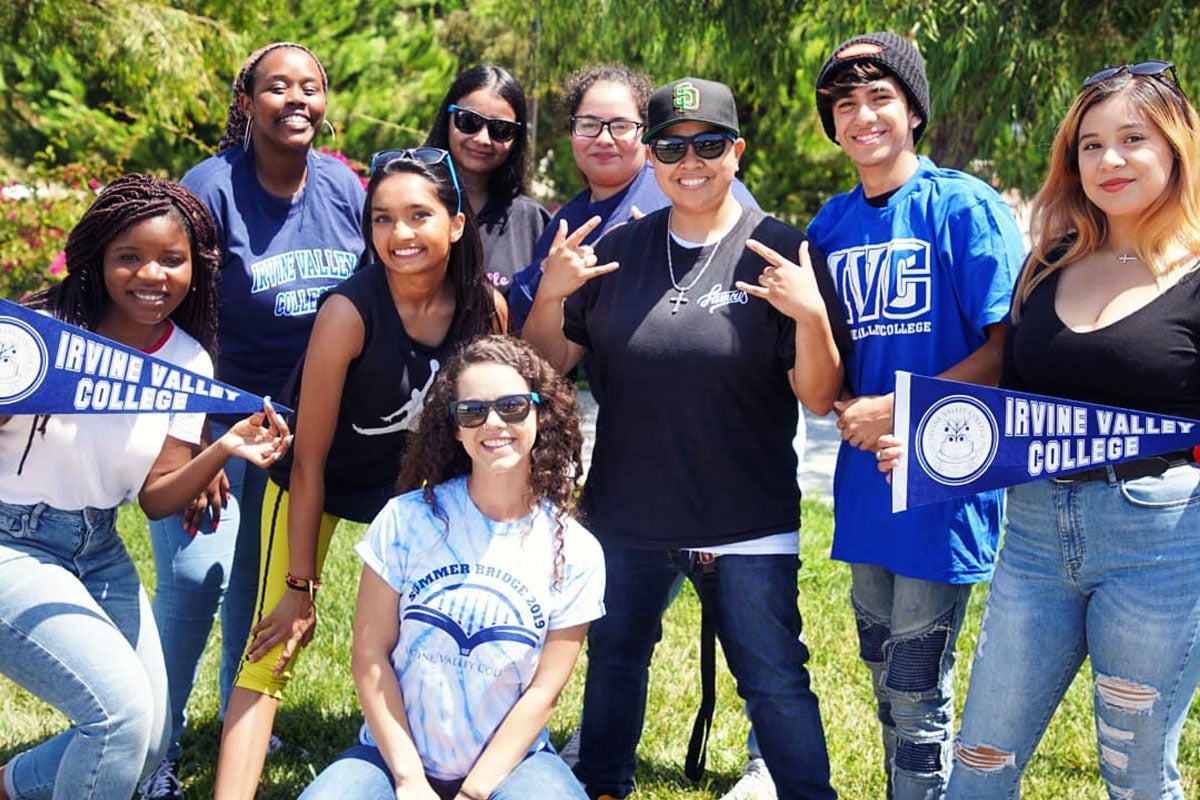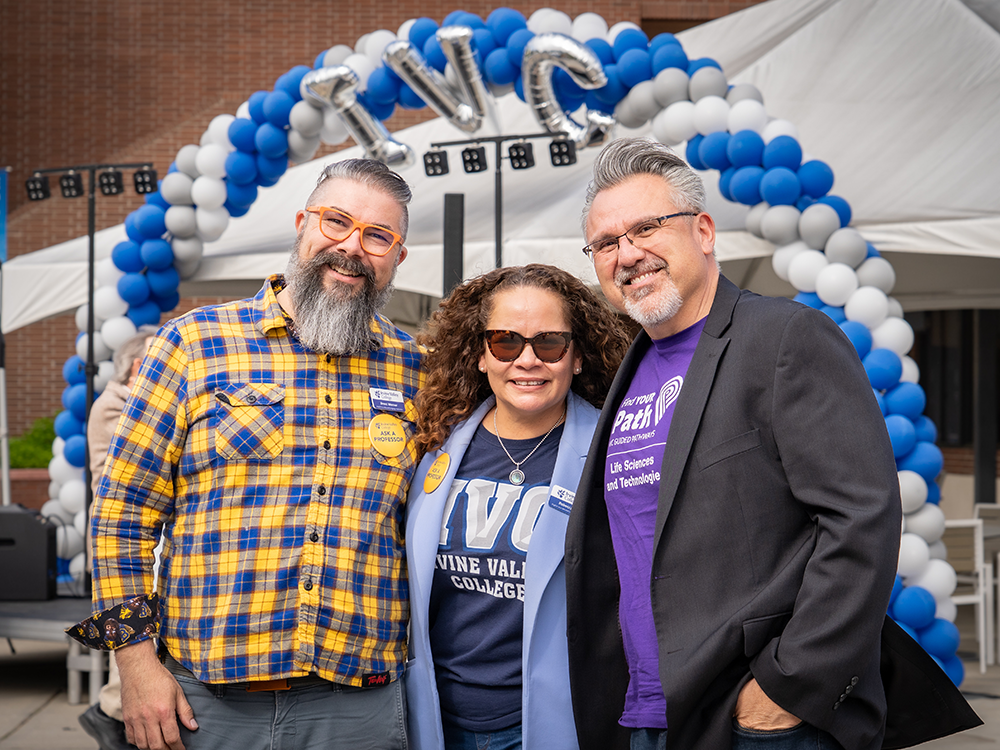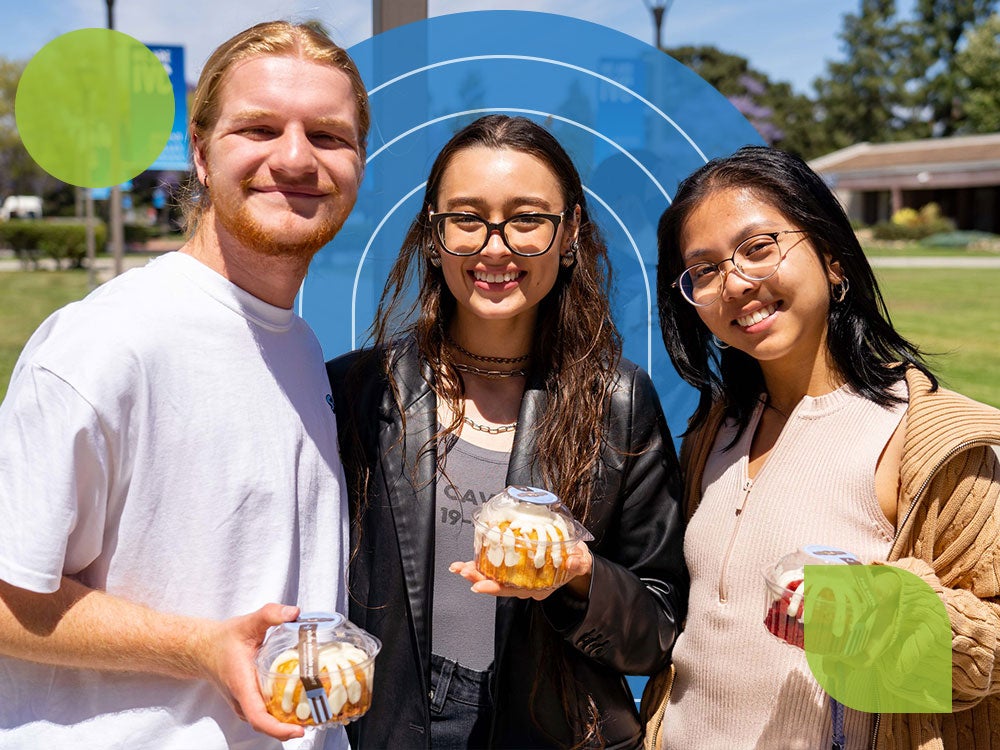Biological Sciences Curriculum
The School of Life Sciences at Irvine Valley College offers a wide range of courses in the biological sciences as well as courses in environmental studies. Introductory courses focus on theories and concepts in five primary areas: cellular and molecular biology, genetics, evolution, ecology, and whole organism biology. More specialized courses examine extensions of these basic principles as they relate to a variety of specific areas of study, including botany, zoology, human anatomy, human physiology, cellular biology, microbiology, natural history, and marine biology. Students may complete courses within the department in order to fulfill general education requirements, to satisfy prerequisites for health-related programs such as nursing, to meet graduation requirements at prospective transfer institutions, or to complete the Associate in Arts degree with a major in biology or health sciences.
Upon completion of the biology program, students will be able to
- Communicate scientific processes and ideas effectively in written and oral forms.
- Identify and explain relationships between form and function of biological structures at the molecular cellular, organismal, and ecosystem levels.
- Locate and evaluate various types of scientific information including primary research articles, mass media sources and world wide web.
- Recognize and apply basic ethical principles to biological practices and understand the role of scientists and biological science in society.
- Demonstrate understanding of how organisms interact with one another and with their environment, and explain interactions at the population and community levels.
- Demonstrate understanding of the fundamental biological processes of metabolism, homeostasis, growth, reproduction, development, genetics and whole organism physiology.





